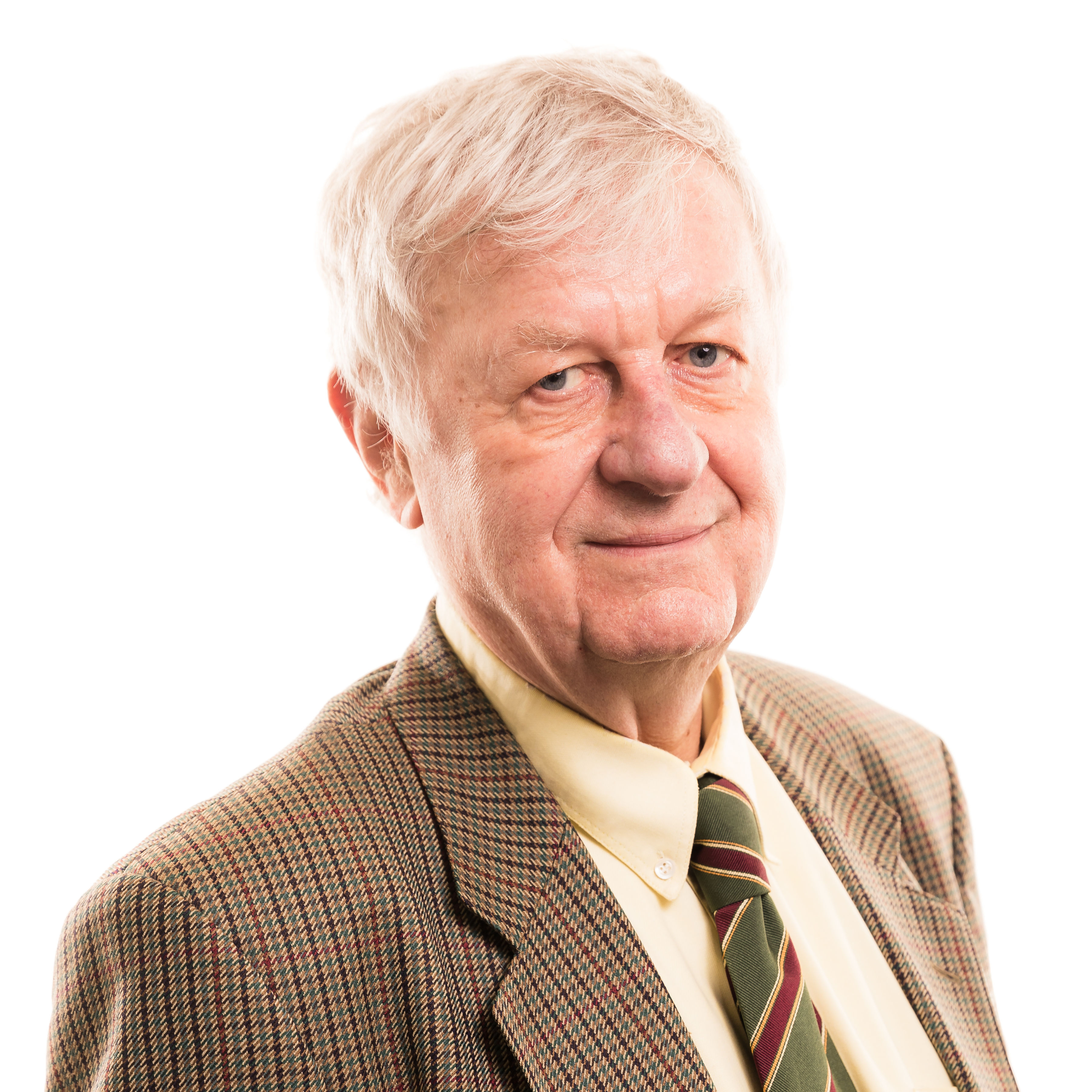Download full version in PDF (EN)
As the one-year anniversary of the Russian aggression against Ukraine is with us and expectations of a new massive military operation by Moscow are growing, the situation appears dire. Deaths of civilians, war crimes, including deportation of Ukrainian children, destruction of infrastructures and food shortages continue or have increased.
The conflict is bound to have important structural and cyclical impacts on the European economies. Moreover, the Russian concept of a war against Western domination of the world system promises the opening of new fronts. FM Lavrov has hinted that Moldova could be next after Ukraine and has toured 12 African countries over 6 months to rally their support.
Russia is using its private armies such as the Wagner Group to support regimes on the continent for security assistance and to exploit their resources to its benefit. It has the benevolent support of countries such as China and has received arms systems such as drones from Iran and ammunitions from North Korea. Most of non-western countries, even those who have condemned the Russian’s invasion of Ukraine, refuse to impose sanctions on Moscow.
Cyber and asymmetric warfare are more and more used in the hostilities. And against the background of the catastrophic earthquakes that struck Turkey and Syria, which require still more urgent financing from the international community, the world is going through a dark period indeed. The “Zeitenwende” of Chancellor Scholz is clearly in front of our eyes.
As far as the war in Ukraine is concerned, there are no expectations that it will end soon. The unity of allies in support of Ukraine has remained strong, as seen by President Biden’s visit to Kyiv on 20 February, followed by his speech in Warsaw, where he repeatedly blamed Putin for putting freedom and democracy at stake. With a radically different view, Putin, on his side, blamed the West for turning the conflict into a "global confrontation". In a dangerous move, he further announced the suspension of Russia’s participation in the last remaining nuclear treaty with the US. Neither side has offered a realistic perspective for a package that would result in a negotiation and a peace process guaranteed by international powers.
The allies of Ukraine are also not pushing for such a process in the current circumstances. The EU and the USA have declared their support to the 10 points peace plan presented by President Zelenski (see the conclusions of the European Council on February 9th ). But the plan is clearly not acceptable for Russia.
Some voices have been heard nevertheless in favour of cease-fire and peace negotiations. President of India Modi, whose government has not explicitly condemned Russia's invasion of Ukraine, said after Zelenskiy's presentation of the plan that he "strongly reiterated" his call for an immediate end to hostilities and conveyed India's support for any peace efforts. General Mark Milley, the military US chief of staff has hinted recently that he was in favour of such a move. China has also pleaded for negotiations and offered its mediation.
In the meantime, the Ukrainian president has toured western capitals to request more military assistance. More combat tanks and efficient combat systems and ammunition have been promised and the delivery of fighter airplanes is no longer excluded. But to deliver such military assets and train the relevant Ukrainian military will take time. This realization from Western allies come from a quarter century of “peace dividend”. European armies could even run short of these essential instruments if confronted themselves to a ground war. There has been a deficit of strategic foresight for some to meet commitments to help Ukraine with the relevant military equipment on a timely basis. Only the US seem to be able to meet the challenge at this point.
And that does not include assistance to the Global South, mentioned by President Macron at the recent Munich Security Conference. The countries in this part of the world are frustrated for not receiving enough attention and assistance from Western partners to address their own problems.
In parallel, Europeans, who have maintained solidarity so far, are confronted with the need to further develop a European defense policy and structure, in partnership with NATO and the USA. France’s announcement of a security conference in Paris could be a first step into that direction. Swedish and Finnish membership of NATO as well as the intention of several countries to increase defense spending are all steps in the right direction.
But as French President Macron has said, Russia will not go away. Besides a more robust and efficient Western European security policy, there will be a need to find a way to re-engage in a dialogue with Moscow on the creation of a new deal about stability and peaceful cooperation on the entire Eurasian continent, respecting the interests of all stakeholders. This is not a small challenge.

